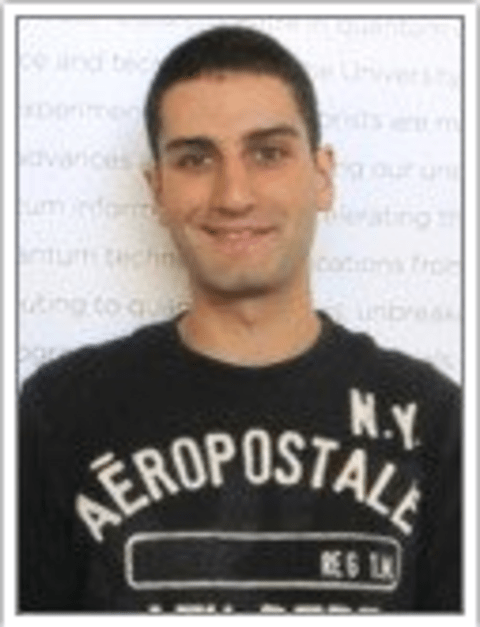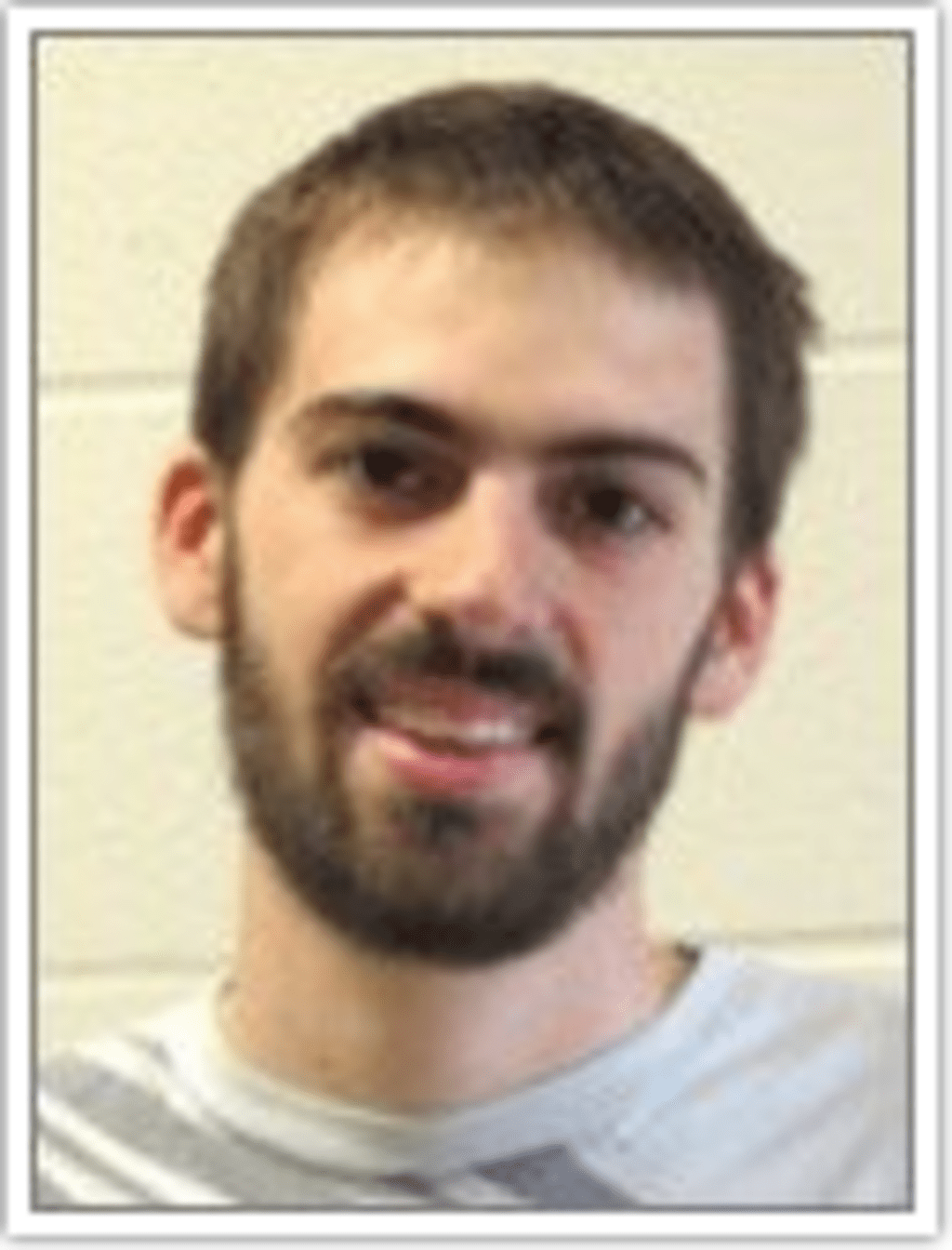Ground states of linear rotor chains via the density matrix renormalization group
Dmitri Iouchtchenko
It has been suggested that placing dipolar linear rotors in one-dimensional lattices at zero temperature results in a model that has a transition between ordered and disordered phases. We use the density matrix renormalization group (DMRG) to compute ground states of this model near the critical point to provide further evidence of the phase transition. In particular, we numerically demonstrate divergences in both the entanglement entropy and the correlation length.

